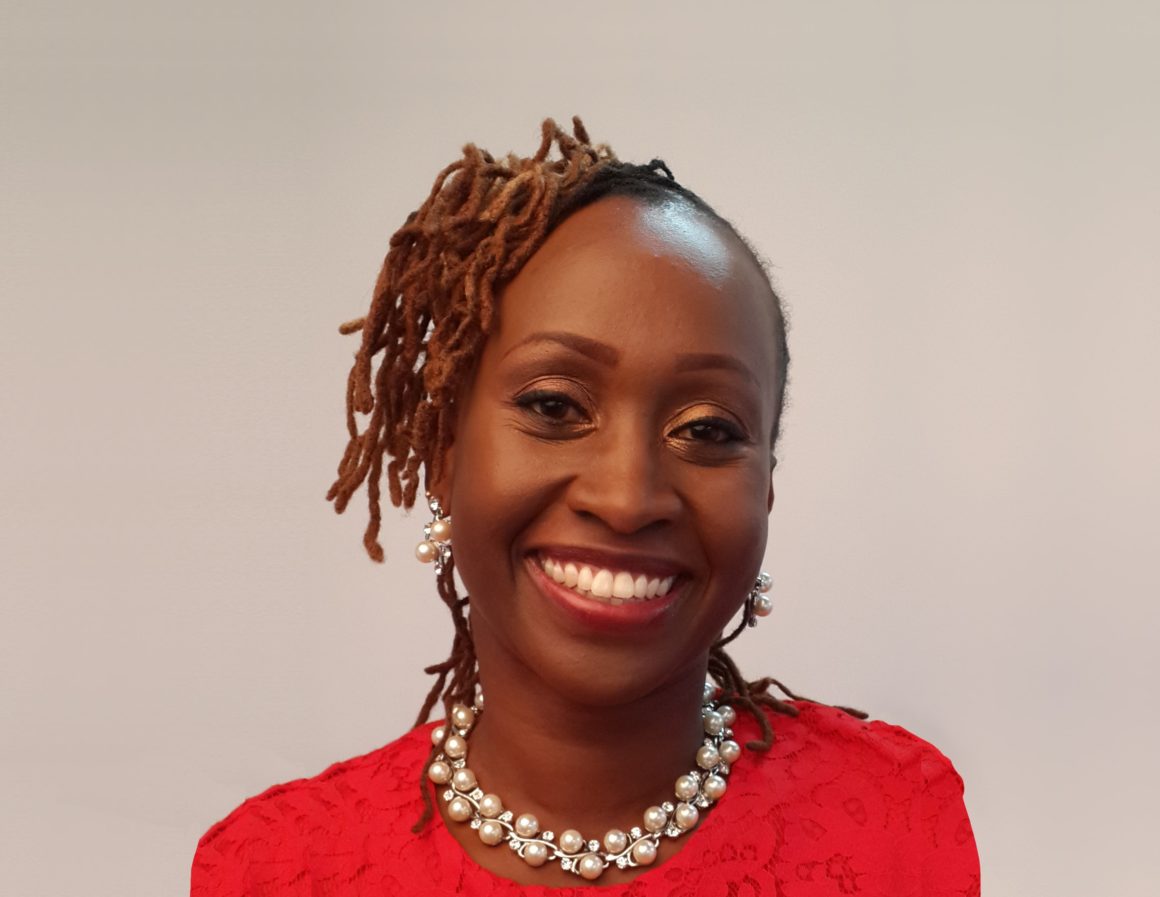We feel that we must tick all the boxes before we are ready to take on a challenge and yet there is always room for learning on the job and for making some mistakes as you go along”
Dr. Sara Koki Muli-Kinagwi is a medical doctor with 17 years’ experience, who has specialized in Public Health, and is currently finishing her MBA in Strategic Management. Sara also has a fellowship in Global Health Leadership from the Afya Bora Consortium. She has previously worked as a Chief of Party for two USAID funded service delivery projects in Kenya. One was an integrated HIV/AIDS program and the other a Reproductive and Maternal Health program. Currently, she works as the Kenya Country Director for the University of California, San Francisco (UCSF) affiliated international NGO-Global Programs for Research and Training. She manages, leads, directs and shapes the vision of Global Programs for Research and Training in line with established policies.
What led you to pursue a career in health?
I enjoyed helping people from a young age and did not fear dealing with injuries, blood etc. I had thought I would either be a doctor or a lawyer and because I enjoyed the sciences and especially biology in high school, I finally settled on being a doctor. I am passionate about making a difference in the world and to help people whenever and wherever I have the opportunity to do so.
What are you most proud of?
A few years back, I was appointed to lead a programme that had great potential but had run into implementation difficulties soon after starting up. It was a big project with many teething problems and I almost declined the offer. I did not want to set myself up for failure by taking on such a huge challenging project. However, my supervisor had great faith in my ability to manage it and I listened to her. My family also encouraged me to go for it. I was able to work with the team very well and we turned around the project to be successful.
I once left a job as a director in an NGO to manage a HIV programme in a larger NGO. It didn’t seem to be the right direction to be moving in as people generally progressed from managers to directors. However, I looked beyond the titles and the perception of others, looked at the scope of what I was going to do and the opportunity for career growth and made the right decision for myself. I was also named as one of the Business Daily Top 40 Under 40 Women in Kenya in 2014 which was a great honor for me.
What do you wish you had done differently?
It took me a while to decide whether I should continue to be in a technical role or focus on leadership and management, which was an area I really enjoyed in my medical career. I ended up choosing leadership and management and I would have done my MBA a lot earlier if I had not taken a lot of time to make up my mind.
What are some of the biggest challenges you have faced? How did you overcome them? What are some of the lessons learnt?
One of the biggest challenges I have faced is remaining confident in my abilities when things become tough. There are times when I felt I wouldn’t be able to manage the extremely difficult situations I faced, but somehow I did. I was able to pull through very well and that taught me that women generally tend to underestimate their potential and we need to stop doing that. We feel that we must tick all the boxes before we are ready to take on a challenge and yet there is always room for learning on the job and for making some mistakes as you go along.
Achieving a good work-life balance has also been a struggle for me but I am doing much better now. As a wife and a mother of two children, the demands of family life are a reality. I purposed early in my career to be an engaged mother who attends all school meetings and functions unless I am out of town for unavoidable reasons. I have managed to do that but when the work pressure was too much, I just didn’t have any time for myself. My life was basically divided between home and work. However, by prioritizing what is important, learning to delegate a bit more at work and at home has helped me find a good balance for my life. I am also able to find time for myself to re-charge and reenergize. I used to check my work emails all the time (even at night) and now I will shut down on Friday after work and comfortably catch up with my emails next on Monday morning. I am glad to say that I am no longer an email addict!
What are some of the opportunities you see for women in health on the African continent?
There are opportunities for women on the continent such as engaging in programme implementation, research, policy and advocacy etc. However, the challenge is how to get into these opportunities which are limited. I advise people starting out in their careers, not to limit themselves to what they believe they are cut out for. There is lots of room to explore your potential in ways you had not thought possible as long as you maintain an open mind.
What advice do you have for other women in health?
Take whatever opportunity presents itself and work your way up from there. Do not be afraid of hard work. Don’t focus on titles and miss out on great opportunities where you will be exposed to different things which can grow your career. Don’t limit yourself. Take on extra responsibilities at work when they present themselves. By doing more, you learn more and that experience can never be taken away from you. Above all, conduct yourself with integrity and professionalism in all matters. A good name is one of the best assets you can ever have in your career.


Leave a Reply